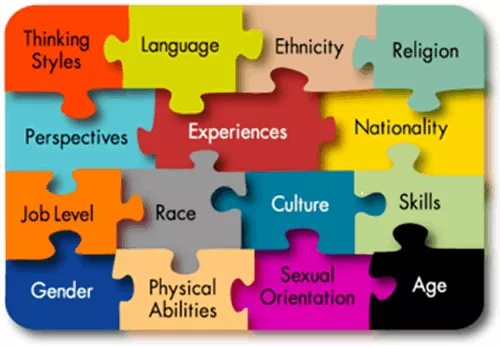
In the worlds of coaching and organization development, “DEI” is becoming an increasingly important focal point. DEI stands for diversity, equity, and inclusion. But what does that mean, and why is it important?
Why is DEI important?
Diversity is the push to not just allow, but to seek and embrace a wide range of perspectives within a group. Each person in a group or system is an individual like no other—with perspectives, qualities, and experiences that can provide depth and value—if allowed to come forward and be fully engaged. Some of these perspectives and experiences are rooted in race, gender, age, and sexual orientation, but diversity includes more than just aspects of personal identity. Diversity and inclusion refer also to different backgrounds, philosophies, opinions and points of view. Respecting and wanting diversity means working toward finding and incorporating differences and new perspectives.
Diversity is about a deliberate effort toward inclusion. It should not be mistaken for or devolve into mere tokenism, in empty gesture to hire or display people to project a false image. Often partnered with diversity and inclusion, equity is about taking active steps to ensure the same levels of opportunity to everybody. The best workplaces are meritocracies, but there are often invisible barriers that systems, leaders, and cultures are not tuned into. Systems and workplaces that value diversity, inclusion, and equity work to make things fair—and to create and maintain an environment within which everyone feels valued and has the opportunity to shine.
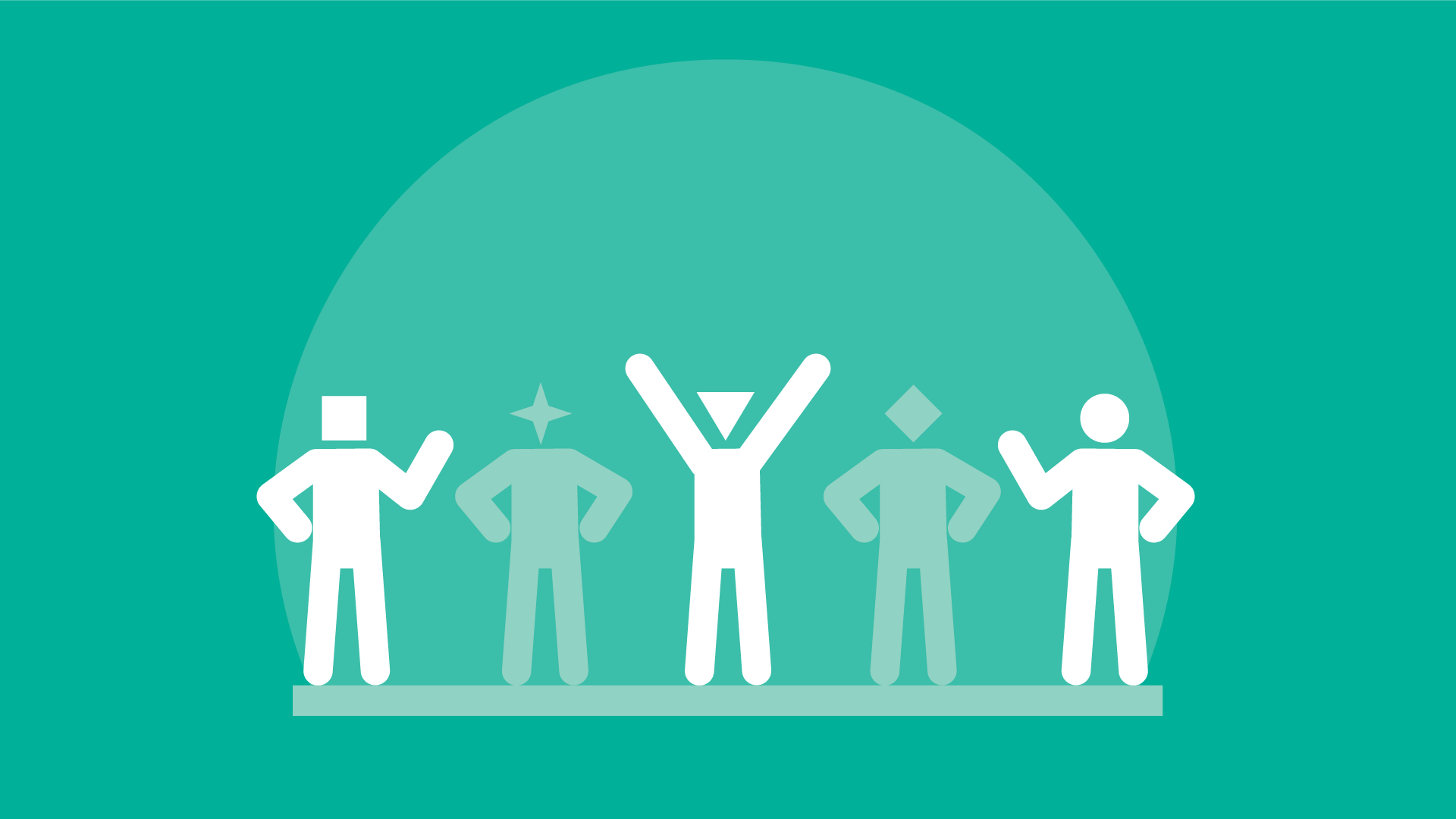
How Does Emotional Intelligence relate to DEI?
Emotional Intelligence—as the behaviors we use to engage and interact with the world—are the tools we need to implement diversity, inclusion, and equity in our teams and workplaces. If DEI is the destination, then Emotional Intelligence is the bridge that will get us there. Emotional Intelligence (EQ) is about understanding and being intentional about the behaviors that we, and those around us, exhibit.
With emotionally intelligent leaders and a helpful and shared vocabulary, difficult conversations about race, gender, or some other sensitive topic become feasible. Emotional Intelligence gives workers and leaders the tools to better collaborate and to utilize the diverse skills and experiences of the people around them. Below is a quick guide to the elements within the EQ-i’s model of Emotional Intelligence and how each behavior contributes to the embrace and support of diversity, inclusion, and equity.
- Self-Regard—allowing for and even fostering self-confidence and self-esteem in those being included
- Self-Actualization—setting goals and striving toward them (including building DEI cultures)
 Emotional Self-Awareness—knowing and being curious about what you are feeling and why
Emotional Self-Awareness—knowing and being curious about what you are feeling and why
- Emotional Expression—being open, transparent, and authentic with those around you
- Assertiveness—standing up and speaking out about what you want, need and believe
- Independence—having and holding onto beliefs and opinions—even in the face of opposition
- Interpersonal Relationships—crafting safe spaces and building and nurturing relationships within which trust and compassion reside
- Empathy—being curious about and sensitive to other people’s feelings and needs
- Social Responsibility—caring about others and tending to the needs of the group
- Problem Solving—dealing with conflict and the people-needs attached to the problems that face you
- Reality Testing—questioning your narratives and assumptions and changing your mind to stay attuned to shifting emotional realities
- Impulse Control—holding back and filtering speech and actions

- Flexible—being curious, taking in new data, and changing your mind
- Stress Tolerance—working through stress and anxiety to keep yourself and the group focused and effective
- Optimism—looking to the future with faith and hope
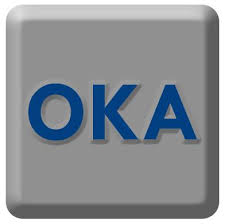
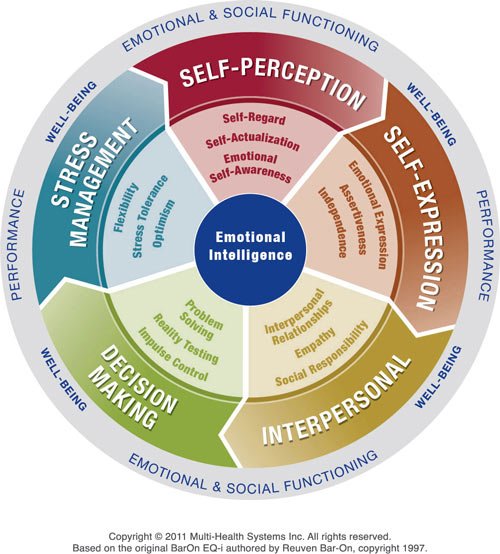 OKA’s training and coaching approaches to Emotional Intelligence can be a significant step toward the intentional and effective commitment to greater diversity, inclusion, and equity. Please contact us and see how we can help you and your organization.
OKA’s training and coaching approaches to Emotional Intelligence can be a significant step toward the intentional and effective commitment to greater diversity, inclusion, and equity. Please contact us and see how we can help you and your organization.

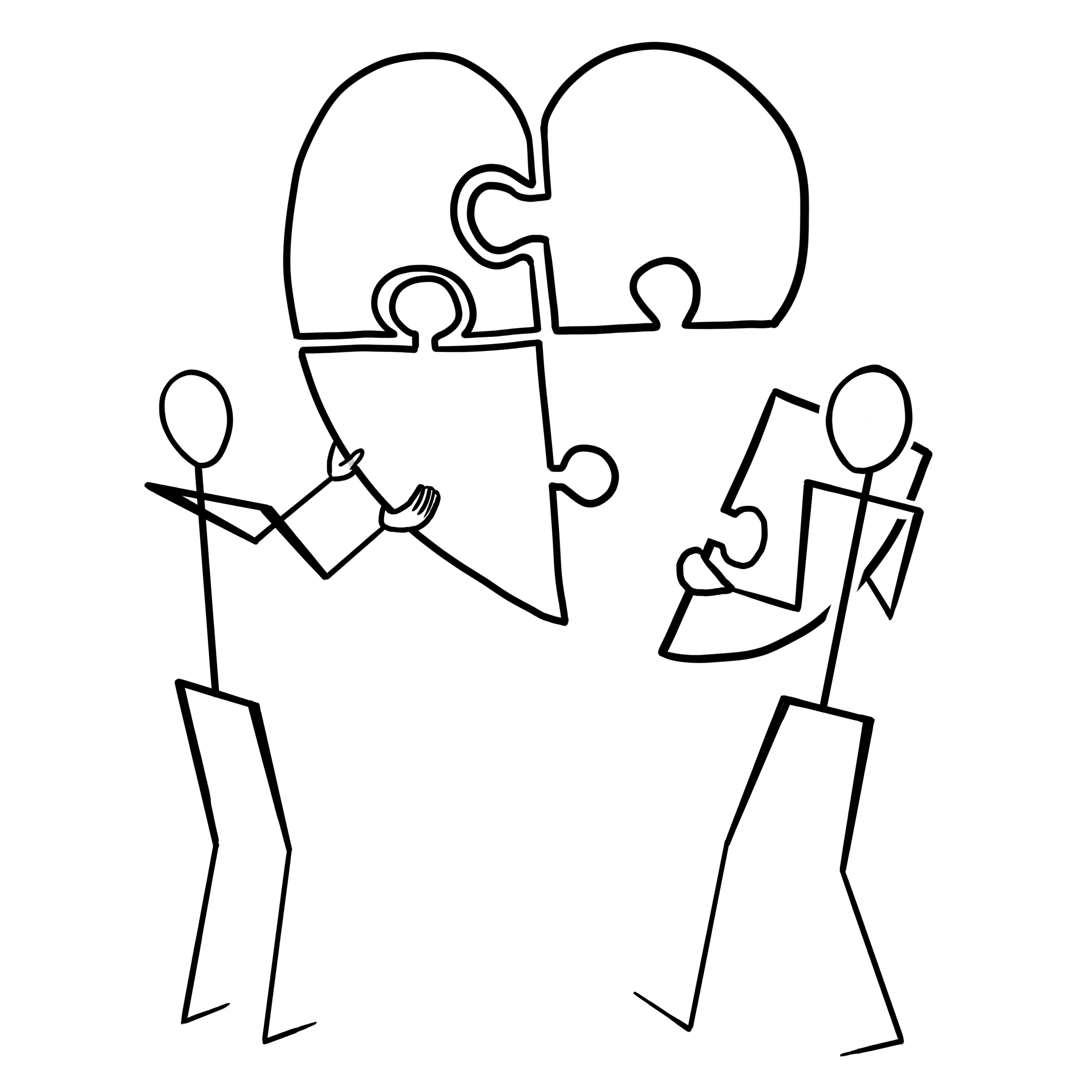
Would love to learn more about how DEI and Emotional Intelligence play together.